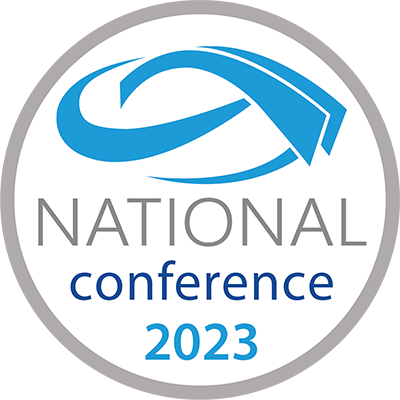 AMOSSHE National Conference 2023 (online)
AMOSSHE National Conference 2023 (online)
The online AMOSSHE National Conference 2023 is an inclusive opportunity for Student Services leaders to share expertise and good practice, develop strategy and skills, and build professional networks.
AMOSSHE members can find the event resources here:
Members only
This event page is for the online version of the conference only. If you want to attend the in-person conference, go here:
AMOSSHE National Conference 2023 (Belfast)
Find out more about the online conference:
Got a question? Take a look at our frequently asked questions.
About the online conference
The virtual conference takes place online on Thursday 6 July 2023. Sessions take place during the day between 09:30 and 17:00 in the British Summer Time (BST) time zone.
If you're attending the conference as a virtual delegate, you can attend the online sessions on Thursday 6 July, and network with virtual and in-person delegates and sponsors. The in-person sessions won’t be recorded or made available online.
Virtual delegates will receive recordings of the online sessions afterwards (subject to successful recordings), as well as any presentations or resources from both the virtual and in-person sessions. The recordings won’t include discussion sessions, workshops, ‘Chatham House rule’ sections or presentation sessions that speakers prefer not to share in this way.
Virtual delegates can use the conference website or app to direct-message other attendees, speakers and sponsors. During the online sessions you can use the chat and ask questions, and during the interactive workshops you can work in groups with your fellow delegates.
Top
Prices
Here are the prices for virtual delegates:
- AMOSSHE named member - £110 (log in to access this rate)
- Non-member (other employees of an AMOSSHE member organisation, individuals, not-for-profit and corporate organisations, higher education providers not associated with AMOSSHE) - £150
You don’t need to pay VAT for AMOSSHE events. Before you book to attend, please read our booking terms and conditions.
You can pay:
- Online by credit or debit card, or
- By invoice to pay by bank transfer or cheque.
If you choose to pay online but then decide to pay by a different method, please email info@amosshe.org.uk for help. AMOSSHE will make every effort to ensure that you are charged the correct booking rate. However, please note that the onus is on you to provide the correct information and choose the correct rate applicable to you.
Top
Theme
The theme of the National Conference 2023 is inclusivity and making connections:
- Inclusivity - how can Student Services foster a sense of belonging and inclusive community for all our students? How can we develop our services to enhance the offer to all students and increase engagement? How can we build thriving staff teams that reflect and respond to the rich diversity of our student communities?
- Making connections - how can Student Services come together as a community to support each other, share learning, and be flexible and forward thinking in our work? What can we learn from colleagues around the world, and in other sectors? How can we collaborate more effectively with students, academics and other higher education stakeholders, as well as statutory services, third-party providers and charities, to deliver robust, future-orientated services?
Top
Programme and speakers
The conference is chaired by AMOSSHE Executive Members Craig Best (The University of Manchester) and Emma Bales (University of Cumbria).


Here's the programme for the day:
| Time |
Session |
09:15 to 09:30
|
Welcome and context |
09:30 to 10:00
|
A typology of initiatives that aim to close the ethnicity degree awarding gap (TASO)
TASO (Centre for Transforming Access and Student Outcomes in Higher Education) has commissioned a research project to map out the different initiatives being carried out in the sector to address the significant difference between White students and Black, Asian and Minority Ethnic students being awarded a first or upper second-class degree. This gap is a key indicator of racial inequality in the higher education sector. The research, conducted by Staffordshire University, analyses provider Access and Participation Plans (APPs) and submissions to the Race Equality Charter to give an overview of the interventions being implemented to tackle the awarding gap. This data has been supported by qualitative interviews with sector stakeholders to gain further understanding of institutional infrastructure, attitudes, and approaches in this space. In this session Sarah Chappell (Senior Research Officer, TASO) presents this research, including a typology data dashboard, which will allow stakeholders to explore the different interventions being delivered currently in the sector, filterable by specific areas including institution type, intervention type, level of implementation (for example departmental or whole provider), target group, and any evidence / evaluation. The aim is to encourage learning and cross collaboration to enable the sector to work together on closing the degree awarding gap. |
10:00 to 10:30
|
Keynote speaker: John Blake
John Blake is Director for Fair Access and Participation at the Office for Students. |
10:30 to 10:45
|
Break. |
10:45 to 11:30
|
Competency standards explained (NADP)
Understanding and correctly implementing competence standards can be challenging. In this presentation Caroline Huntley (Chair) and Alice Speller (Executive Director) from NADP (National Association of Disability Practitioners) examine competence standards from multiple viewpoints for support services to understand this area of their work. The presentation equips you to clearly identify core competencies, make recommendations for appropriate reasonable adjustments (including examination adjustments) and ensure inclusion is central to decision making. Explore the legal basis for competence standards, sector trends and developments in regulatory bodies, and good practice for institutions. |
11:30 to 12:00
|
Break.
|
12:00 to 12:30
|
Student Connect: developing an innovative scheme to help students expand their social networks (University of York)
In 2021 colleges at the University of York introduced ‘Student Connect’. This scheme helps students to expand their university network, make friends and gain a sense of belonging via a simple three-step process: Match, Chat and Meet. Students are connected, without using a commercial matching app, with either an individual or a small group of other students from their department and/or college, based on their student type, year of study and personal interests. The scheme was initially developed in response to the loneliness and isolation that students experienced during the lockdowns of the COVID-19 pandemic, and has continued to develop and expand over the last two years. It now includes bespoke social events, serving as secondary opportunities for students to make more connections, and its sister scheme ‘Holiday Connect’ matches students staying at university during vacation periods. The scheme has been very popular with international, mature, Stage 1 undergraduates and postgraduate taught students. Staff in student-facing support roles have also found it invaluable to have a scheme they can signpost students to if they are struggling to settle and make friends at university. In the session Auriel Hamilton (College Manager), Mollie Gartshore (College Life Coordinator) and Bryony Cox (College Administrator) discuss the scheme's development, operation and feedback, reflecting on its successes and challenges. |
12:30 to 13:00
|
UWE Bristol staff positive action events: a case study about advancing student inclusivity through cross-departmental collaboration (University of the West of England)
This session explores how cross-departmental events at UWE (University of the West of England) Bristol have helped to translate equality strategic priorities into action and impact. Steffie Denton (EDI Projects Officer) and Jo Clarkson (Careers Consultant, focusing on EDI) from UWE discuss the success of these pilot events in driving student inclusivity and positive action to the top of the agenda, across teams, and promoting a shared responsibility and ownership for equality, inclusivity and supporting all learners to thrive, in line with UWE’s Strategy 2030. Find out how the events have brought staff together to make connections, share learning and develop new collaborative ideas that will help students who might face barriers to succeed at UWE Bristol and beyond. This case study presentation explains what UWE did and how they did it, highlighting inputs like student voice, research and data, and a cross-team Positive Action Working Group. The session also explains the challenges and pitfalls to be aware of, to help you understand how you might set up a similar initiative at your university. |
13:00 to 14:00
|
Break.
|
14:00 to 14:30
|
Using coaching techniques to create safe spaces for the sharing of student lived experiences (Open University)
This session, led by Jennifer Hillman (Senior Manager) and Dave Lochtie (Senior Operations Manager) from Student Support Services at the Open University, focuses on the coaching and mentoring interventions delivered in the Open University’s Personal Learning Advice (PLA) Service pilot. Mentoring has long been recognised as an effective form of support for undergraduates, encompassing a range of relationships, from faculty-student mentoring, peer-assisted study mentoring, and reverse mentoring to schemes involving trained advisors. Until recently, coaching had been more typical in the North American context. There is now a much wider recognition of the value of both academic and holistic coaching interventions for undergraduate students and postgraduate students – including students with disabilities and students from other under-represented cohorts. The PLA Service was launched in 2021 as part of the institutional Access, Participation and Success Strategy. The Personal Learning Advisors use techniques from across the coaching and mentoring continuum of dialogic support. This session shares the approaches used, seeking to demonstrate the value of listening to, and reflecting student lived experiences. The session aims to show how coaching and mentoring approaches can help to foster genuinely inclusive learning communities. |
14:30 to 14:40
|
Break.
|
14:40 to 15:10
|
AMOSSHE year in review
AMOSSHE Chair Jill Stevenson (Dean of Equality, Diversity & Inclusion and Director of Student Services, University of Stirling) presents an overview of AMOSSHE’s work during the 2022/23 academic year, and sets out our strategic aims for the year ahead. |
15:10 to 15:40
|
Break.
|
15:40 to 16:10
|
Grit in universities: how learning from work with marginalised and at risk young people helps with fostering student belonging and community (Grit Breakthrough Programmes / Nottingham Trent University)
Almost 30 years ago youth charity Grit started delivering programmes with some of the most ‘at risk’ young people in some of our most marginalised communities in the UK. It uses an uncompromising personal development and coaching programme to challenge participants’ limiting beliefs, their assumptions and biases, their attitudes and expectations. Grit worked with young people involved in crime and violence, young people subject to substance abuse, homelessness and poverty. Over the years Grit developed expertise around building communities, resilience and self-efficacy. This presentation, led by Jon Down (Director of Development, Grit Breakthrough Programmes) and Sarah Hadlow (Collaborative Engagement and Retention Team Manager, Nottingham Trent University), outlines how the Grit approach has translated into work on the belonging and community in universities through co-designed programmes at Nottingham Trent University (NTU). NTU engages with Grit as a key part of its access and participation work. NTU focuses on the importance of belonging, community and securing engagement with provision, particularly by disadvantaged and under-represented groups, but this involves changing structures and cultures as well as delivering interventions to support students. Grit supports NTU in both areas. Grit-led staff development sessions, including co-creation workshops with multiple staff, help create a ‘culture of engagement’ which complements Grit’s direct interventions with target groups of students. |
16:10 to 16:40
|
Is it different for male students? Mapping effective intervention points to improve male continuation: a collaboration between professional services staff, faculty, and students (Anglia Ruskin University)
What is different for male students? Anglia Ruskin University (ARU)’s research focused on improving male continuation rates, after indicative data showed lower continuation rates for some male students. The team looked at male engagement within all branches of Student Services and also collaborated with male students to design and co-lead a focus group. ARU’s Student Services data analysis showed male students under-represented at early points of intervention and over-represented in later (less resolvable) interventions, including discontinuations and withdrawals. It also demonstrated variability in the information disclosed by male students, with subsequent impact on the support provided by the university and accessed by male students. Qualitative findings from the focus group revealed factors that mitigate against seeking early support, and participants also shared key points in the academic year when they considered support was lacking and suggested new ways for Student Services to reach male undergraduates. The report has led to a series of recommendations, which are currently being trialled by one faculty and within Student Services. This research, presented by Katie Porrer (Student Adviser) and Elizabeth Coome (Project Manager) from Anglia Ruskin University, offers innovations in project design and collaboration with Student Services and faculty, and practical recommendations for Student Services colleagues. |
| 16:40 |
Finish. |
The programme for the online conference is separate from, and different to, the programme for the in-person conference. Sessions at the in-person conference will not be recorded or streamed online, but sessions at the virtual conference will be recorded for all delegates (virtual and in-person) to watch.
Top
Conference sponsors
This conference is kindly sponsored by:



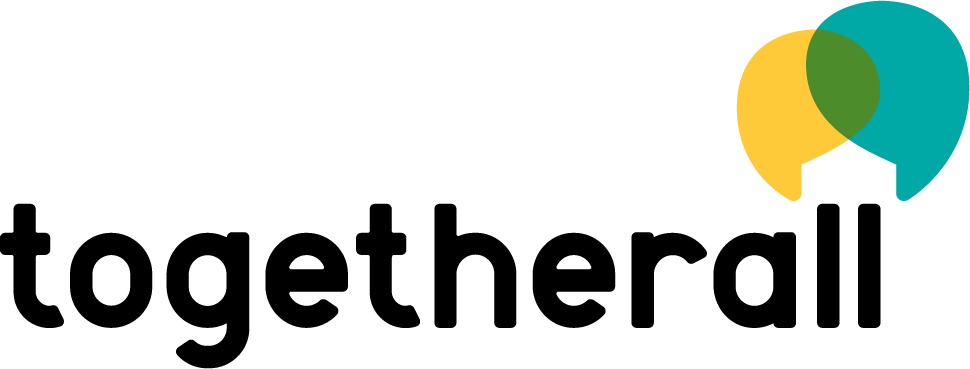

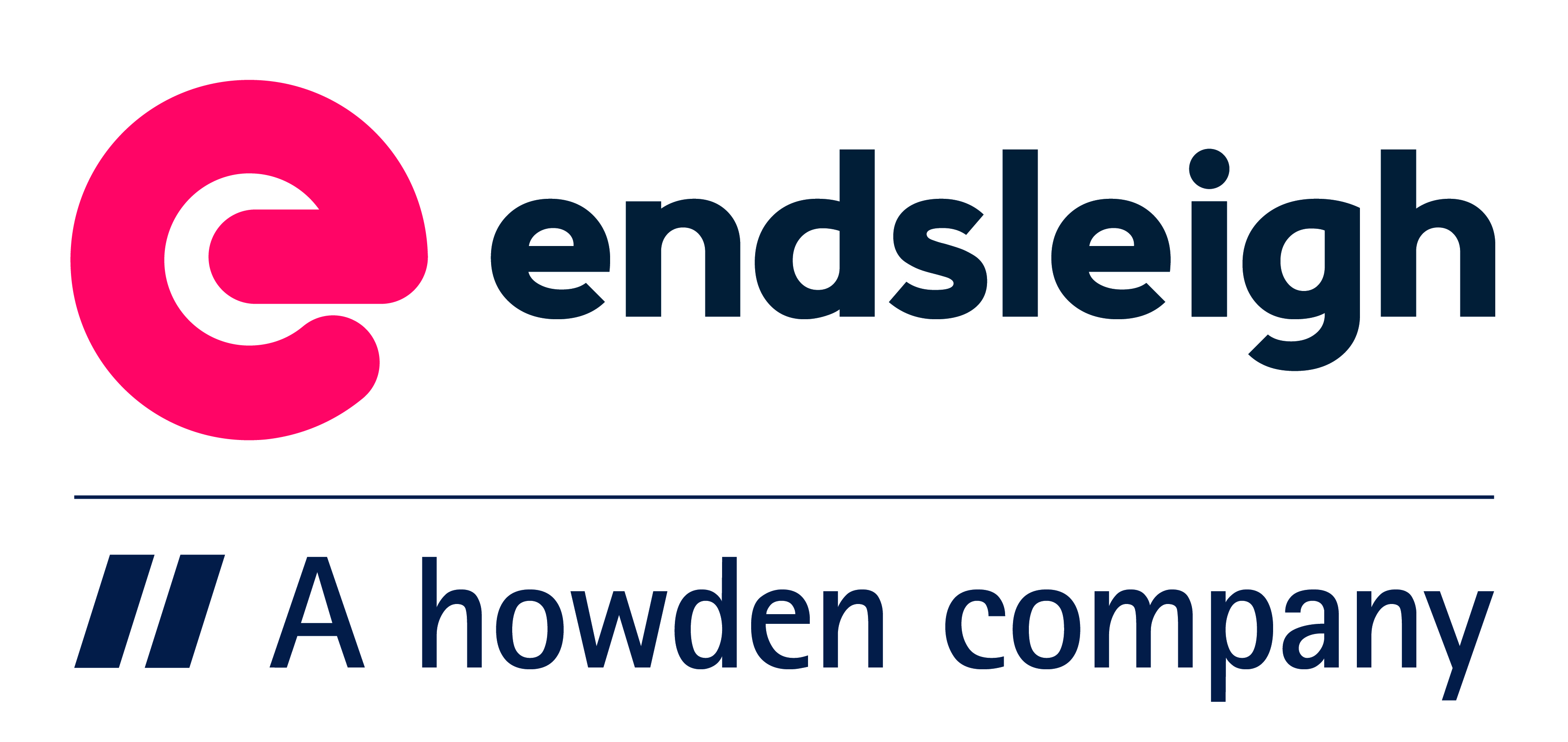
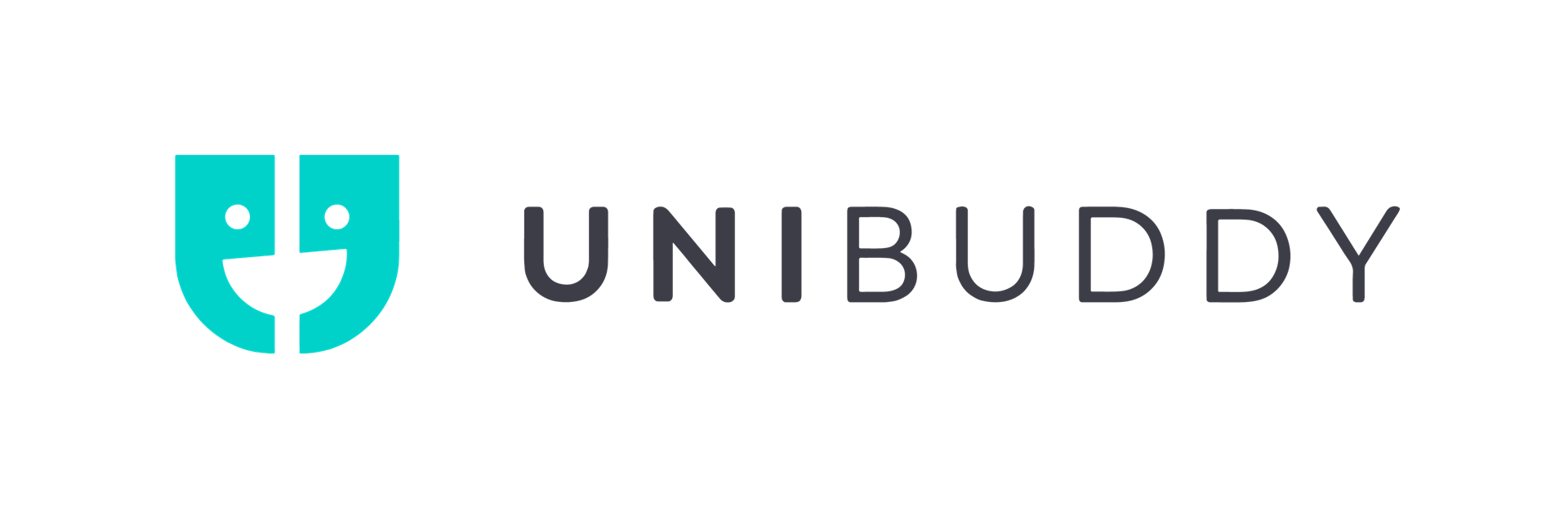
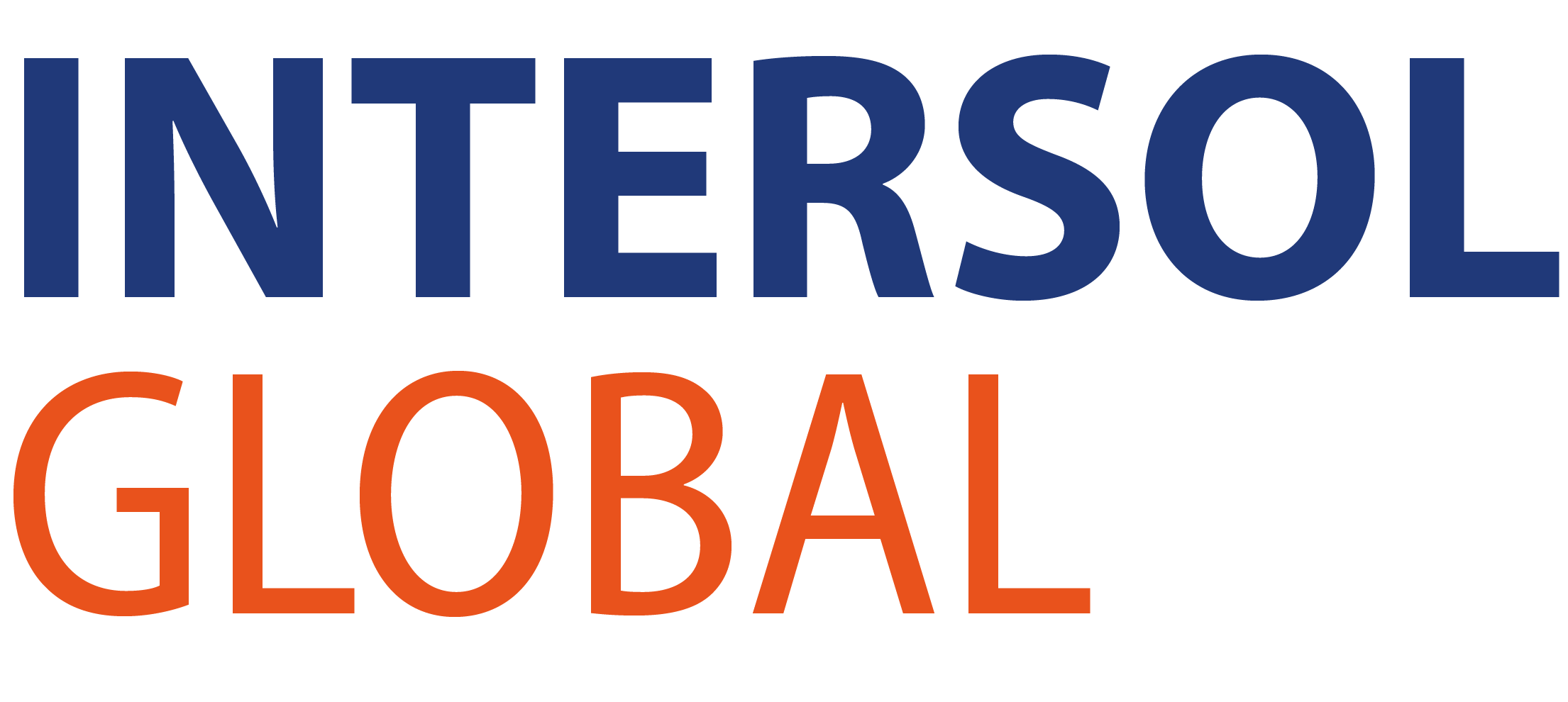
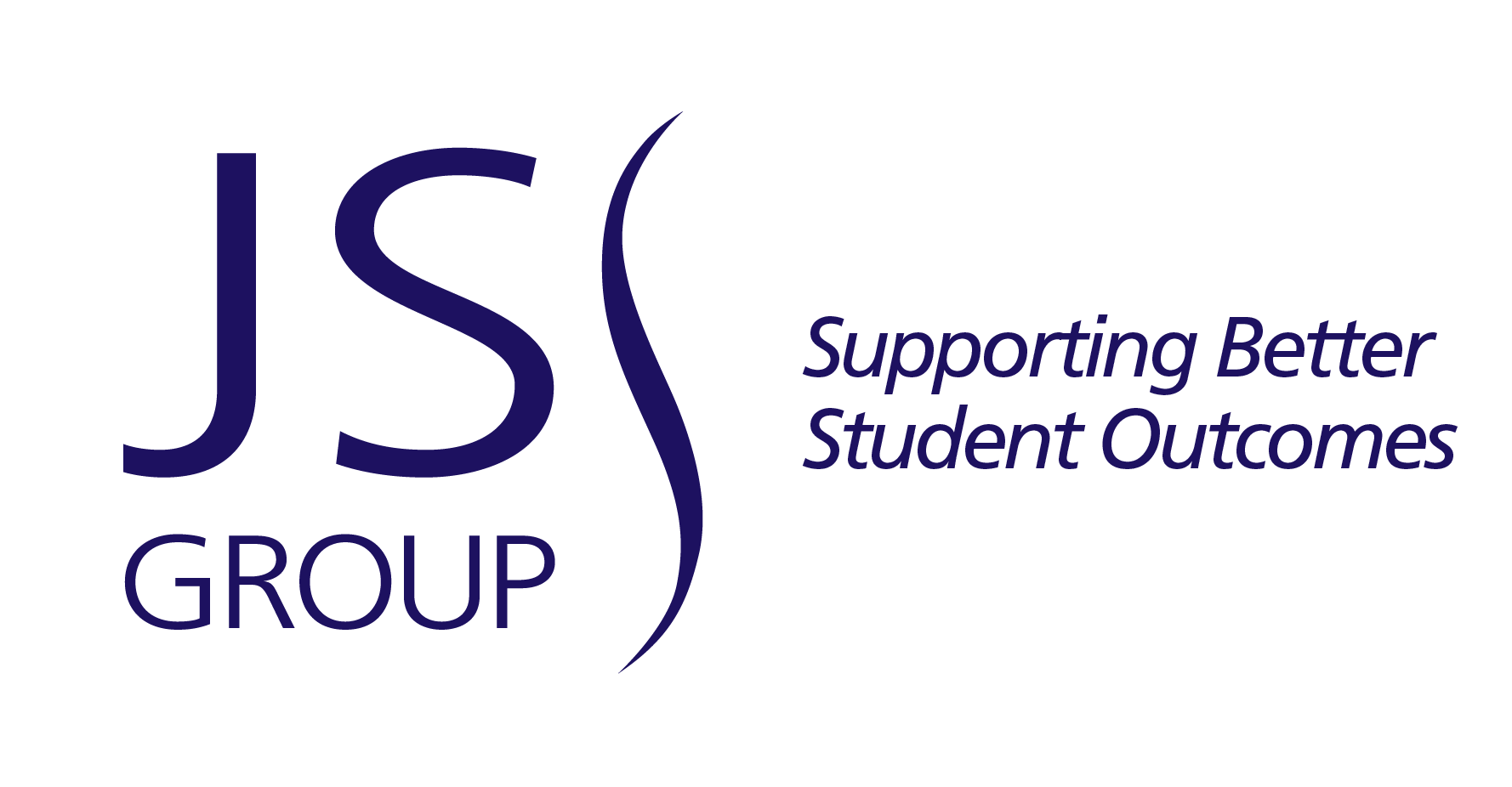
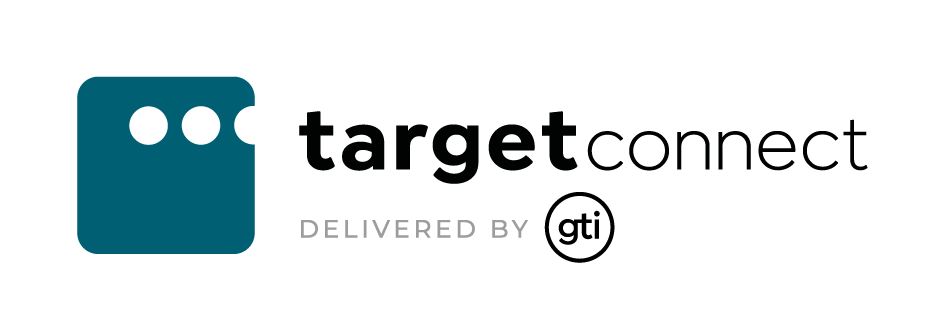
Top
Reduced fee places available to encourage participation
AMOSSHE wants colleagues from across the higher education student support sector to take part in the National Conference 2023, including those who have less opportunity to engage with an event of this kind. We want to help with the professional development of colleagues who are:
- Starting on their Student Services leadership career (for example, early career professionals).
- Working in circumstances that limit their opportunities for professional development (for example, those from small and specialist organisation where resources for professional development are tight).
- From diverse backgrounds, who want to bring their perspectives and insights to the conference conversations and contribute to our network of Student Services leaders.
Two online delegate places are available at a reduced fee of £75 each for colleagues working in higher education support roles who might otherwise find it difficult to attend.
In return for the reduced fee place, we'll ask you to write a short article about what you learned at the conference, the value of attending to your professional development, and how others might benefit by taking part. AMOSSHE will publish your article on our website.
Here's how to apply for one of the reduced fee places:
- Write a short expression of interest (no more than 500 words) telling us why you are the right person to take one of the reduced fee places, and how it will benefit your professional development.
- Get agreement from your line manager (or similar) that they will give you the time to attend the conference and pay the reduced fee.
- Email your expression of interest, along with your line manager’s name, job title and email address to Benjamin at info@amosshe.org.uk by Friday 21 April 2023.
We’ll confirm whether your application is successful in week commencing 24 April 2023.
Top
Your data
AMOSSHE handles your personal data according to our privacy policy. We won't share your personal data with speakers, session leaders or sponsors, unless you consent to this on the form when you register.
Top